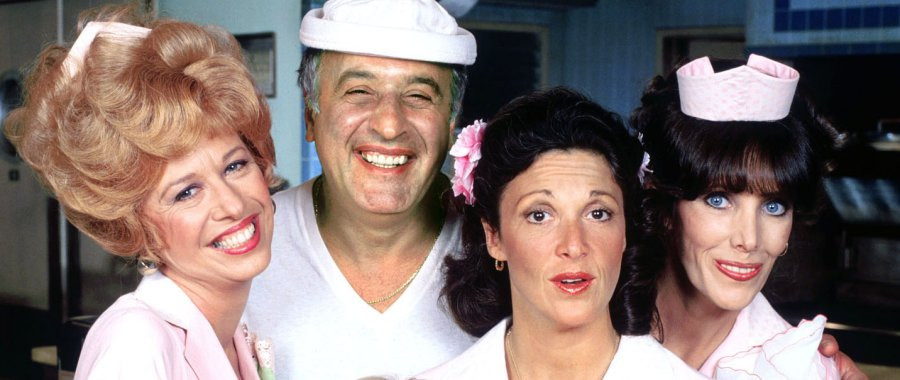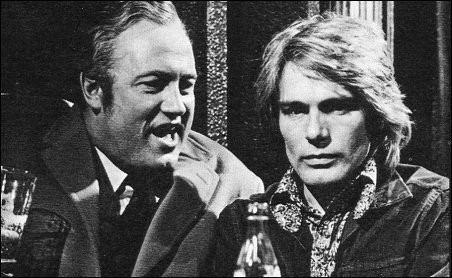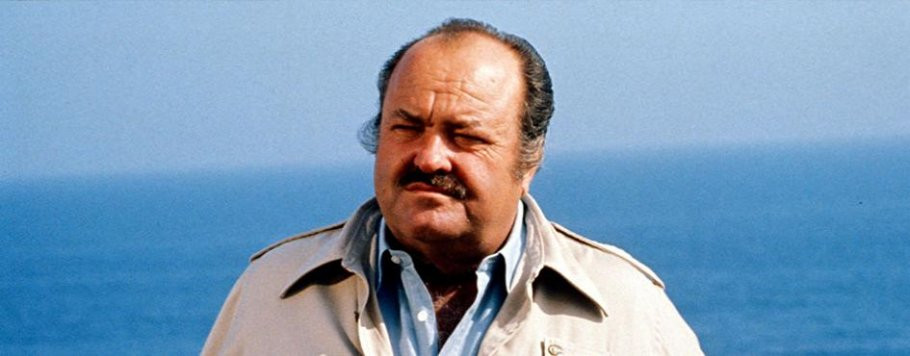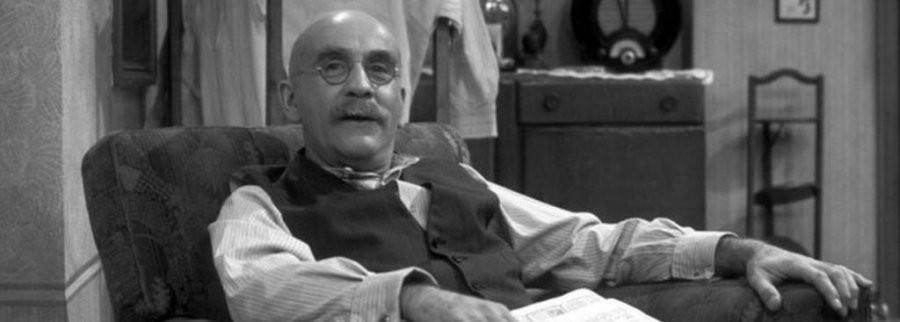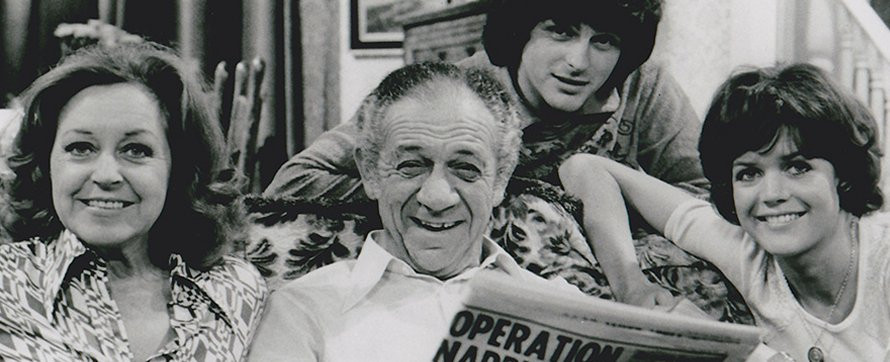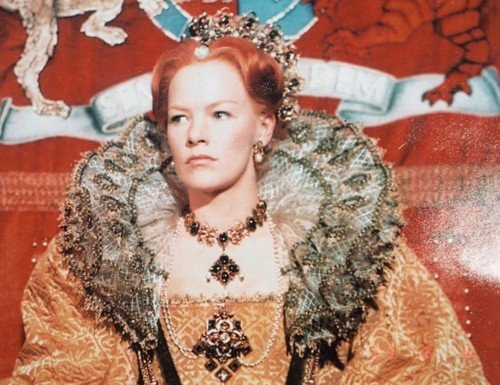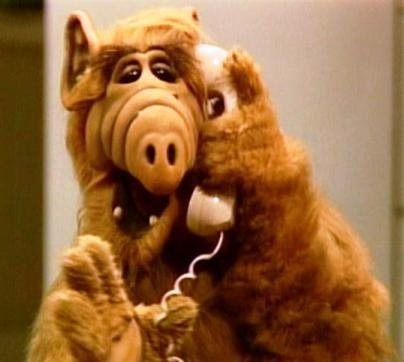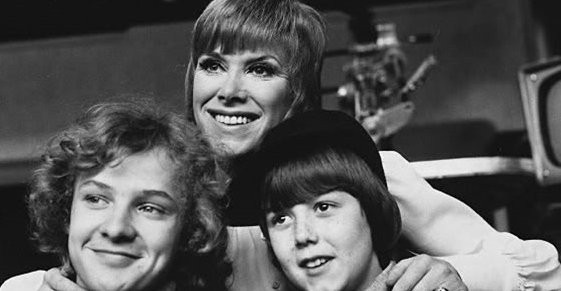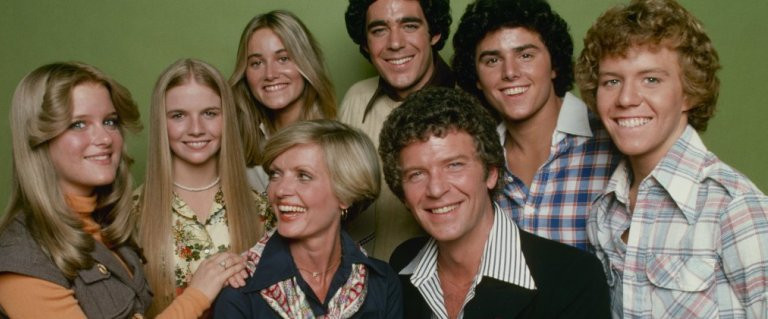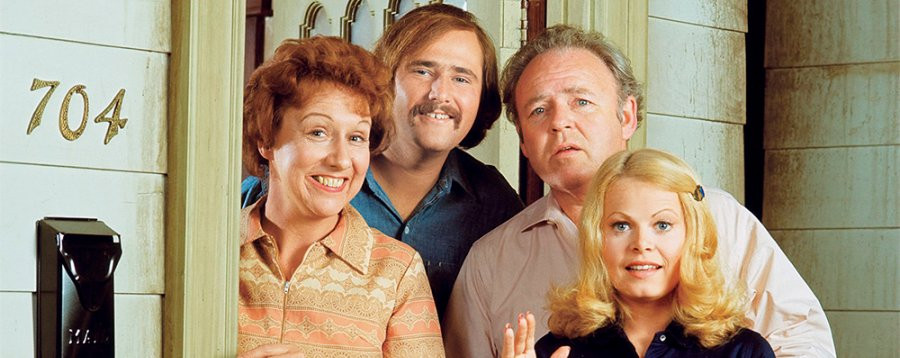
All In The Family
1971 - United StatesBritish critics have called All In The Family "a reworked, far less provocative version" of the show it was based on, BBC's Till Death Us Do Part. But when I was 13 years old, it knocked me for a loop. After growing up watching typical sitcom families, suburban witches and rural humour, 'All In The Family' was a breath of fresh air.
It was topical, it was controversial and-most of all-it was great comedy. Thirty years ago this month, CBS aired the first episode of All In The Family. Today, it is unlikely the show would even get on the air, much less stay on. The language would now be considered politically incorrect; the pace rather slow; and the dialogue too rich for today's audiences. "Till Death" was indeed the genesis for the show that became All In The Family. CBS tried to buy the rights in 1968 (as a vehicle for Jackie Gleason who they considered to be the closest they had come to an Alf Garnett type character: Ralph Kramden in the classic series The Honeymooners), but television producer Norman Lear snapped them up first without even seeing the BBC series.
Lear approached actor Mickey Rooney to star in the show, now titled 'Justice For All', but he said no. ABC commissioned a pilot for the show, which Lear called 'Those Were The Days'. Little-known character actors Carroll O'Connor and Jean Stapleton played Archie and Edith Justice, while Chip Oliver and Candace Azzar played the son-in-law and daughter. ABC liked the show, but did not like Oliver and Azzar in the roles. So Lear re-shot the pilot, and replaced the pair with Sally Struthers and Rob Reiner (son of comic and director Carl Reiner). Archie and Edith also had a new last name: Bunker. But again, ABC passed. In 1970, Lear's agent showed the 'Those Were The Days' pilot to CBS executives. Network president Bob Wood and his programming chief, Fred Silverman liked the show. But CBS founder Bill Paley thought it was too crude and vulgar. Still, Paley did not overrule Wood and Silverman when they bought 13 episodes to air as a midseason replacement.
On January 12th, 1971, CBS launched the show with a new title. The disclaimer at the beginning of the first episode said it all: "The programme you are about to see is 'All In The Family.' It seeks to throw a humorous spotlight on our frailties, prejudices, and concerns. By making them a source of laughter we hope to show-in a mature fashion-just how absurd they are." CBS hired dozens of operators to take the expected phone calls. But few called the network, probably because the ratings were low. Critics took notice, however, debating Archie Bunker's bigotry, Edith's goodness, Mike's liberalism, and Gloria's steps toward women's liberation. Archie was a blue-collar loading dockworker who believed in free enterprise and conservative politicians like Richard Nixon (who was US president when "Family" began). Archie's slurs became fodder for discussion. Words such as "spic," "spade," "Polack" and "fag" were never heard on US television before. To him, wife Edith was a "dingbat"; and son-in-law Mike was a "Meathead" and a "dumb Polack." But daughter Gloria would always be Archie's "little girl."
The Bunker home at 704 Hauser Street in Queens, New York broke with US sitcom tradition: Worn furniture, faded wallpaper and a console colour TV that dominated the living room. It may have also been the first US sitcom house to recognize that people actually used a toilet; the flush from the upstairs lavatory could be heard downstairs.
By May 1971, 'All In The Family' became the top-rated series on television. It held that top rating for five seasons in a row. As the show became popular, Lear added more topical features such as impotence, abortion, wife swapping, homosexuality, and menopause. In one classic episode, Archie gives Sammy Davis Junior a ride in his cab; another featured a politically motivated car bombing outside the Bunker home (off-camera, of course). There were times CBS ordered Lear to cut out a word or situation, but Lear held his ground and CBS usually caved in. O'Connor won four Emmy awards as Archie; Stapleton picked up three; Reiner won two and Struthers collected one. The show itself won three Emmies in 1971, 1972 and 1977.
As the 1970's progressed, so did All In The Family. Fights over Vietnam and Nixon gave way to concerns over the economy and inflation. The characters also grew. Archie was laid off from his job on the loading dock, and later bought a corner bar. Gloria and Mike had a baby (little Joey), and moved next door to Edith and Archie. In later years, Edith became a volunteer at a nursing home; was nearly raped while home alone; and learned that one of her cousins was a lesbian. In March 1978, Mike and Gloria moved to California, as Sally Struthers and Rob Reiner left the series. Young niece Stephanie (played by Danielle Brisbois) gave Archie and Edith a second chance to be parents. Through all the changes, All In The Family remained a top-ten hit for CBS. In the process, the show spun off several hits, including Maude and The Jefferson's.
In the fall of 1979, Stapleton wanted to cut back her appearances. The producers switched focus to Archie's bar and the show was renamed Archie Bunker's Place. With actor Martin Balsam as Archie's new (and Jewish) partner, the show remained in television's top-twenty. In 1980, the unthinkable happened: Edith Bunker (off-camera) died of a heart attack. The producers decided to kill her character to give Archie new opportunities for romance.
Two years later, Sally Struthers returned as Gloria Bunker in her own show. Gloria divorced Mike, took little Joey back to New York, and started a new life as a veterinarian's assistant. But Gloria never really caught on. At the same time, ratings dropped for Archie Bunker's Place. CBS cancelled both series in 1983. After twelve years, the Bunker family no longer had a weekly home.
Norman Lear tried to bring back the spirit of All In The Family in the summer of 1991 with Sunday Dinner. Robert Loggia starred as a widowed printing shop owner who marries a 26-year-old attorney (played by Teri Hatcher), a move that does not sit well with his family. CBS picked several episodes of All In The Family to lead into Sunday Dinner. To everyone's surprise, Archie Bunker and company drew higher ratings than the new show! In 1994, Lear tried to bring back the All In The Family spirit with 704 Hauser Street. A multiracial family (led by John Amos and Lynnie Godfrey) moves into the house once owned by the Bunkers. But low ratings forced CBS to can the series after just five episodes.
Today, reruns of All In The Family can be seen in the US on cable's Nick At Nite And 30 years later, there is still nothing like it. Cut through the bigotry, the language and the situations, and you will find that All In The Family succeeded for one basic reason: Viewers cared about the Bunkers and wanted to see them every week. That is the mark of a classic comedy.
Published on November 27th, 2018. Mike Spadoni (2001).


